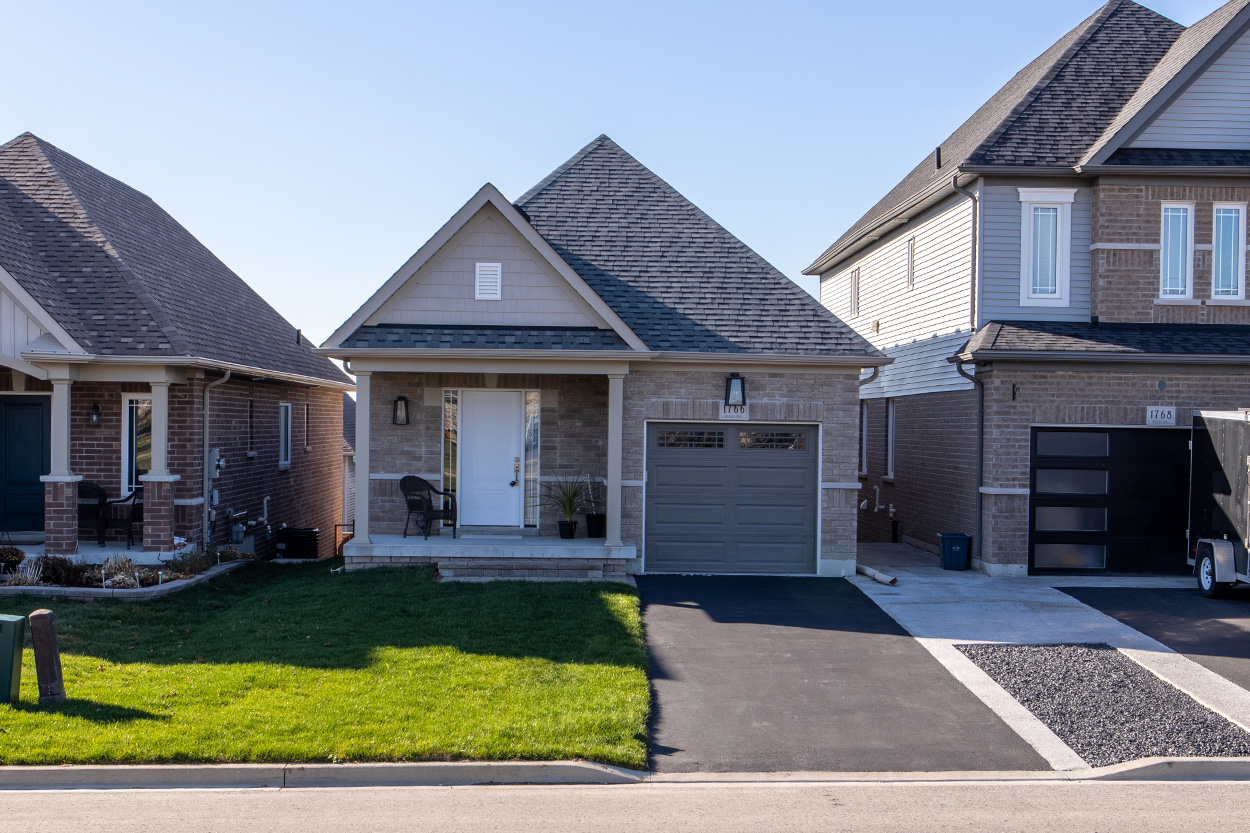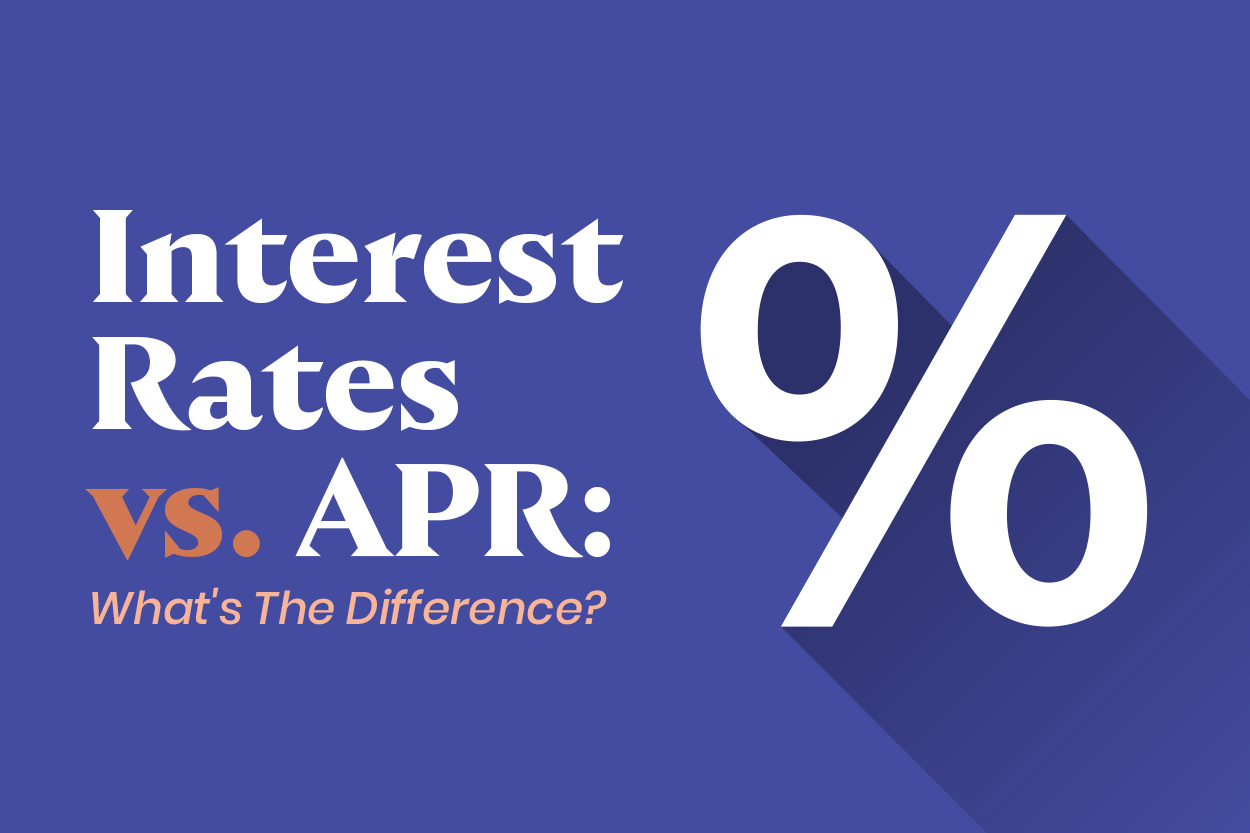Refinance Your Home With No Closing Costs

Key Takeaways:
- While you can’t completely avoid the mortgage closing costs associated with refinancing, there are ways to roll them into your refinanced loan.
- Your lender may ask you to agree to a higher interest rate or take out a home loan for a higher amount equal to the upfront closing costs.
- While you’ll pay more over the life of the loan with no closing costs, it’s a method to help you avoid paying a large lump sum.
Refinance Your Home With No Closing Costs
Refinancing your home has a number of potential benefits. You could get a lower interest rate, pay less over the lifetime of your loan, and even take cash out to use for remodeling or paying off debt. The only catch is the closing costs you pay when refinancing your loan.
While you can’t avoid refinancing closing costs as a borrower entirely, you can avoid paying a lump sum at closing by rolling them into your loan balance.
In this short guide, we’ll go over the reason for closing costs and the potential ways to take advantage of no closing cost mortgage loans.
What are Refinancing Closing Costs?

When you purchased your home, you probably remember having to produce yet another check. Your initial closing costs likely included:
- Appraisal fee
- Homeowner’s insurance
- Lender fees
- State taxes on real estate transactions
- Title report fee
- Escrow expenses
When you refinance, some of these aren’t necessary. You already own the home and carry insurance, for example, so you won’t need to take out a second policy or pay title transfer fees.
However, there are some similar closing costs associated with refinancing. For a conventional mortgage loan, these usually include:
- An application fee to the lender for processing your application
- An appraiser’s fee, often around $500
- A loan origination fee of 0.5–1% of the loan amount
- Attorney fees if state laws require that you hire an attorney to review your refinance
- A new title search and title insurance policy
If you took out a VA loan or FHA loan, there can be other costs associated with transferring it to a new lender. In general, you can expect to pay 2–3% of your loan amount in closing costs.
Rolling Closing Costs Into Your Interest Rate
Many people refinance their mortgage loans to take advantage of better interest rates. When you refinance your home, it’s possible that your mortgage lender will offer to “waive” closing costs in exchange for agreeing to a higher interest rate. Even if the rate is much lower than your current one, it’s important to remember that your interest rate affects how much you pay over the lifetime of your loan.
For example:
- If you take out a $100,000 loan with a 3% interest rate, you’ll pay $151,777.45 over the course of 30 years. That’s $51,77.45 in interest!
- Just a small increase in interest rate to 3.5% per year would result in paying $161,656.09 over the course of 30 years—close to $10,000 more in interest.
While the higher interest rate might only increase your monthly payment by $20, you’re losing money in the long term. That’s why some people choose to pay their lenders a lump sum (or “point”) in exchange for a lower rate.
Before you agree to a higher rate, be sure to crunch the numbers.
Would you be paying more over the course of the loan than the proposed amount of your closing costs? If so, are you willing to pay more in the long term to avoid the burden upfront?
Roll Closing Costs into Loan Amount
Another option to avoid paying closing costs out-of-pocket is taking out a bigger loan.
Say you’re refinancing your home and taking out a loan of $200,000. Your closing costs could total 2% or $4,000.
- Your lender may offer you a loan of $204,0000 to cover your closing costs.
- With that extra $4,000 spread out over thirty years, it may not affect your wallet as much as it would today.
- However, keep in mind that you’ll end up paying more than an extra $4,000 over the course of the loan due to interest on the higher total amount.
In general, taking out a bigger loan can cost less than agreeing to a higher interest rate. But that doesn’t mean you’ll totally escape your closing costs.
When No Closing Costs is the Right Option

It can be painful to pay closing costs out of pocket when your long-term goal is saving money.
As noted above, there is no way to completely circumvent these costs. You’ll end up paying in some shape or form, whether by agreeing to a higher interest rate or taking out a bigger loan.
Nonetheless, there are many situations where this is a great option.
- If you don’t have cash on hand, you can still take advantage of a lower interest rate and lower monthly payment with your refinanced loan.
- If you’re using a cash-out refinance to pay down high-interest debt or cover the cost of a remodel, you might be able to improve the value of your home or lower other monthly costs, making the trade worth it.
- If you plan to sell the home within five years, you’ll likely be able to return the principal of the loan to the bank well before you’ve paid them thousands of dollars in added interest.
The Right Way To Refinance Loan With No Closing Costs
If interest rates were substantially higher when you took out your home loan, a refinance could lower your monthly payment, even if your bank asks you to accept a slightly higher interest rate in exchange for waived closing costs.
Likewise, if your home is much more valuable than it was when you took your loan out, you can take out cash at a lower interest rate than a home equity loan would allow.
For these reasons, refinancing your home is often a great use of time, even if you don’t have the extra money on hand to pay for your closing costs.
To make sure you’re getting the best “no closing cost” refinance rate possible, shop with different lenders and compare rates. In time, you’ll find the right refinance for your long-term financial goals.
Sources:
Value Penguin. What are closing costs? https://www.valuepenguin.com/mortgages/what-are-closing-costs-buying-a-home
Rocket Mortgage. Costs to refinance. https://www.rocketmortgage.com/learn/cost-to-refinance






